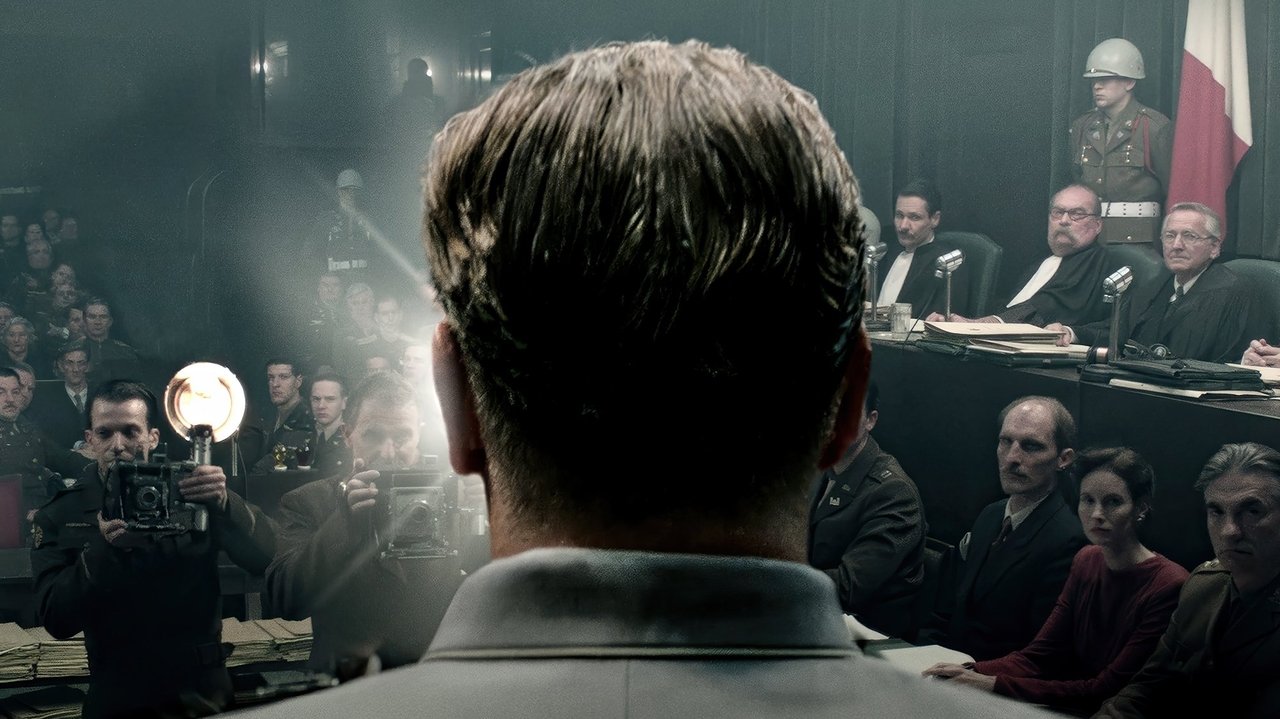

Nuremberg















Nuremberg (2025) - Movie Review
Plot
In postwar Germany, an American psychiatrist is tasked with evaluating the mental fitness of Nazi prisoners for the Nuremberg Trials. Driven by a desire for justice, he faces a formidable challenge when he encounters Hermann Göring, the charismatic and manipulative right-hand man of Adolf Hitler. The film delves into a complex battle of intellect and ethics as the psychiatrist navigates through the moral ambiguity of determining guilt and responsibility in the aftermath of the atrocities of World War II.
Performances
The performances in 'Nuremberg' are nothing short of exceptional. The portrayal of the conflicted psychiatrist by [Actor's Name] is nuanced and captivating, capturing the internal turmoil of a man torn between his professional duty and personal convictions. [Actor's Name] delivers a chilling and commanding performance as Hermann Göring, exuding a sinister charm that keeps the audience on edge throughout the film.
Technical Aspects
The cinematography in 'Nuremberg' is stunning, capturing the bleak postwar landscape of Germany with a sense of haunting beauty. The film's score enhances the tension and emotional depth of each scene, drawing the audience deeper into the moral dilemmas faced by the characters. The attention to detail in the set design and costumes immerses viewers in the historical period, bringing the aftermath of World War II to vivid life on screen.
Final Verdict
With its gripping storyline, stellar performances, and meticulous attention to historical detail, 'Nuremberg' is a compelling and thought-provoking film that delves into the complexities of justice and morality in the aftermath of war. The film's exploration of guilt, responsibility, and the limits of human compassion makes it a must-watch for history buffs and fans of intense dramas.







